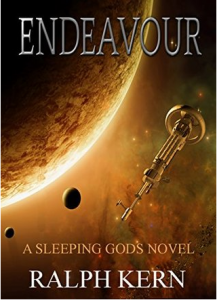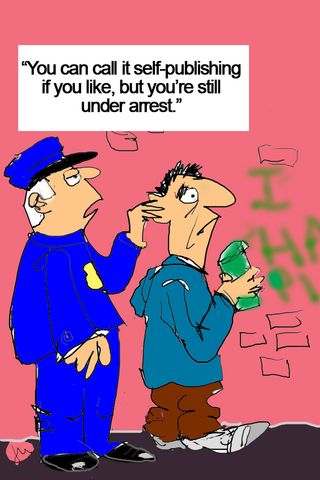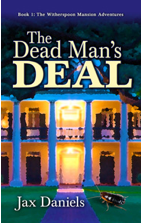
Amazon Review: Take a little Heinlein, Asimov, and Clarke then add a dash of Star Trek, shake well and enjoy.
So from all that, what have I learned?
1. Editing is vital. And yet something I’m cr#p at. I don’t enjoy it, and I’d rather be doing something else entirely. What I do love is the coming out with the story and even more than that, the research that goes into it. A good percentage of you will probably be the same. Some of you may enjoy it, but I know I don’t.
Unless…
2. You find an editor who compliments you. I’ve had three editors. All have improved my manuscript. But, when you find someone who, when faced with your work, somehow has an X Factor…that’s when the magic happens. Editing suddenly goes from being a crushing chore, to something you look forwards to. My current (and hopefully permanent) editor compliments me in that she doesn’t let me get away with stuff and constantly teaches. For example, in the draft of my second book she looked at, she ran ‘Find’ on Word for passive voice, and sent it straight back with a load of guidance on how to sort it before she would review it properly. Why? Surely it’s her job to sort that kind of thing out? Well no actually, it’s mine. That’s something I can do to improve the book, and she shouldn’t have to deal with laziness AND polishing. And now, for next time, I’ve learned a little something extra.
3. Target your audience. Mine is in America, On the SF/F Chronicles, this is a raging debate where people have clearly expressed their views, both pro and con, on “Americanization.” Whether an author chooses to do it or not, that’s their decision. For me, it became a point that was no longer optional, but critical.
4. Sales rank is everything. Lose it, and you will struggle to regain it. Your only chance to beat the odds is to grab those early adopters. If you’ve built that sales rank as a self-published author and then decide to go to a publisher, keep it on your bookshelf. And remember, if you have that sales rank, it will be you deciding on the publisher, not the publisher deciding on you.
5. Paralysis by analysis. The way I did okay for myself was by charging forwards. I’ve seen critiquing threads where people have agonized over the odd sentence, and it probably matters not an iota to a reader. Bearing in mind points 1 and 2, which ended with don’t be lazy, sometimes you just have to pick something and do it.
6. Reviewers are all individuals. Some of them consider three stars good, some five. Some are just harsh—one said I should be shot. Currently I stand at 131 Amazon reviews with a bunch on the odd website. Fortunately I’m at four stars average which keeps visibility high. Hopefully, that will creep up now that (also hopefully) no one will be able to find the plethora of errors previously in it, and I’ve addressed the concerns given in point 3. But definitely use reviewers. If they raise a point, you can actually do something about it! Why just sit there grumbling about the fact your readers are moaning about you saying, “He was sat on a chair” as opposed to “He was sitting on a chair”? (I kid you not, that came up on several reviews!). Sure a traditional publisher might get them sorted from the get go, but if you’re not traditionally published, then you can sort it out!
7. Whether fame or fortune, you can get that with self-publishing. But treat it with the same drive for quality that a traditional publisher seeks. It should just be a case of who foots the bills. Decide if you think the cut you give the publisher is worth it, considering that you can probably do it for yourself. In the short term, going with a traditional publisher will be a saving for you. In the mid to long term, it might be a different story. Interestingly, many SF TV series and film coming out this year are based on self-published books.
Ralph Kern started the path that lead him to become author with a few jaunts about the world. He began with adegree in aerospace technology from Coventry University, worked in Milan on designing a satellite, hopped across “the Pond” to get his pilot’s license in the States (even before his driver’s license), then wound up back in England. There he flew air cadets in motor gliders and for a year was an officer cadet in the TA (Territorial Army). After all of this, he had a bit of a quarter-life crisis. He succumbed to the kid inside and chucked it all for a career chasing bad guys, becoming a police officer. In the course of rising to sergeant, his job has exposed him to many things that started him thinking about “the big issues.” He noticed a hole in his life that made him turn to writing, where he, like the authors he has read and loved all of his life (Arthur C Clarke, Stephen Baxter, Alistair Reynolds and many more), can confront those larger issues.




